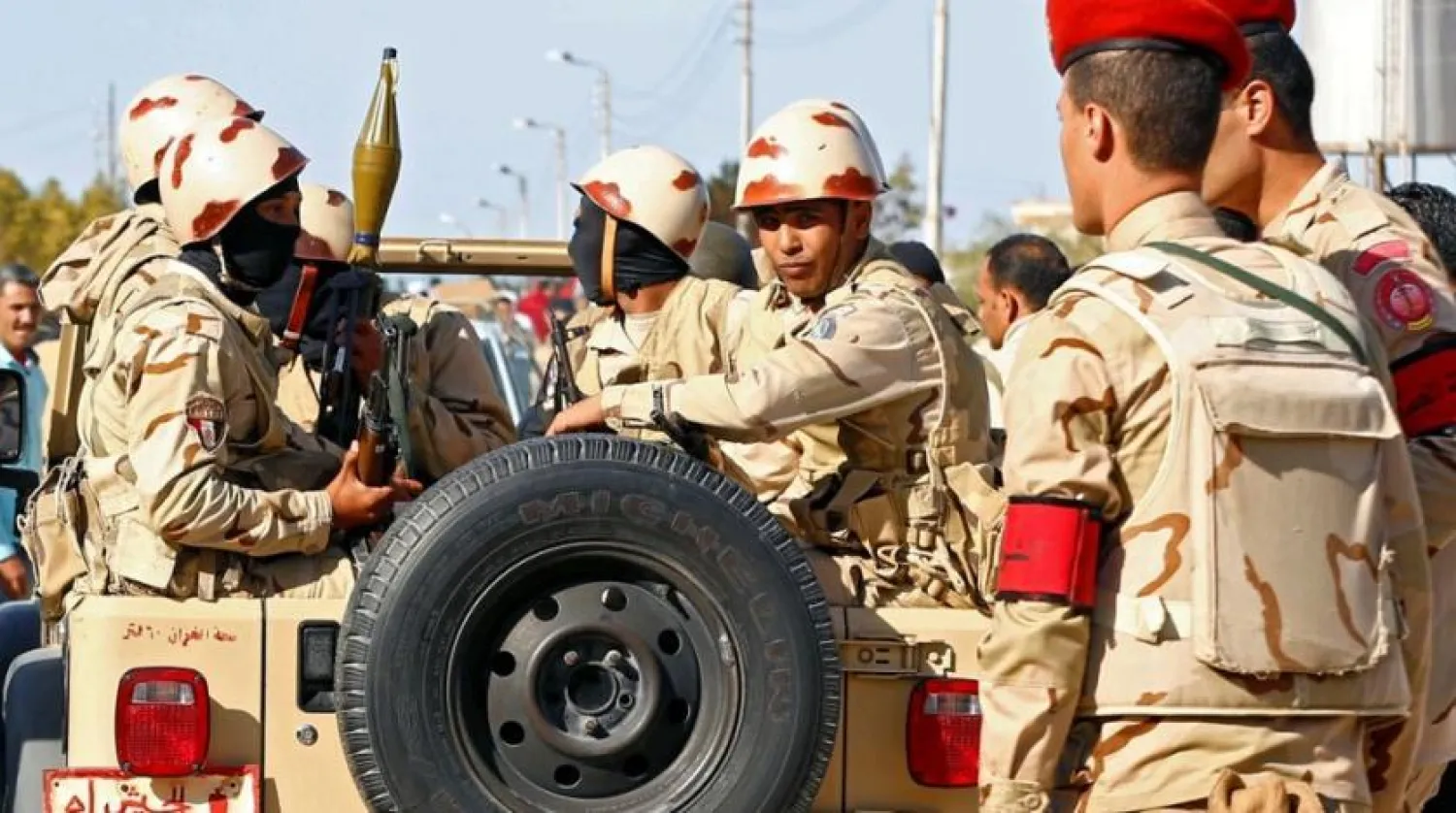The Egyptian military on Tuesday said forces have killed at least 40 militants over the past three months in raids and airstrikes against militants in the northern part of the Sinai Peninsula, in clashes that also left at least six casualties among its troops.
The military said in a statement that forces destroyed around 440 hideouts and weapons depots and dismantled around 160 explosive devices. The statement said the military destroyed six four-wheel drive vehicles and 32 motorcycles used by militants since Sept. 1.
The military said forces also arrested two dozen suspected militants, and seized weapons in the raids, The Associated Press reported.
In February 2018, Egypt launched an operation against militants in the Sinai and the Western Desert along the border with Libya. It has also built a buffer zone along the border with the Gaza Strip to curb the flow of militants and weapons through a vast underground tunnel network.
The military periodically releases figures on the operation, and is believed to have killed hundreds of militants since it began.
Among the militants killed in recent months was Abdel-Qader Sweilam, an ISIS leader in the border town of Rafah, security officials said.
Forces Monday killed Sweilam along with two of his associates in a raid on his hideout east of the Mediterranean city of el-Arish.
An official said Sweilam, 46, was one of the masterminds of an attack on a mosque in Sinai’s Al-Rawdah village in November 2017 that killed over 300 worshippers, in the deadliest such killing in Egypt’s modern history.
In Egypt’s Western Desert, the military said airstrikes destroyed 21 vehicles containing weapons and ammunition, and intercepted around 1,450 migrants while attempting to cross into Libya.









